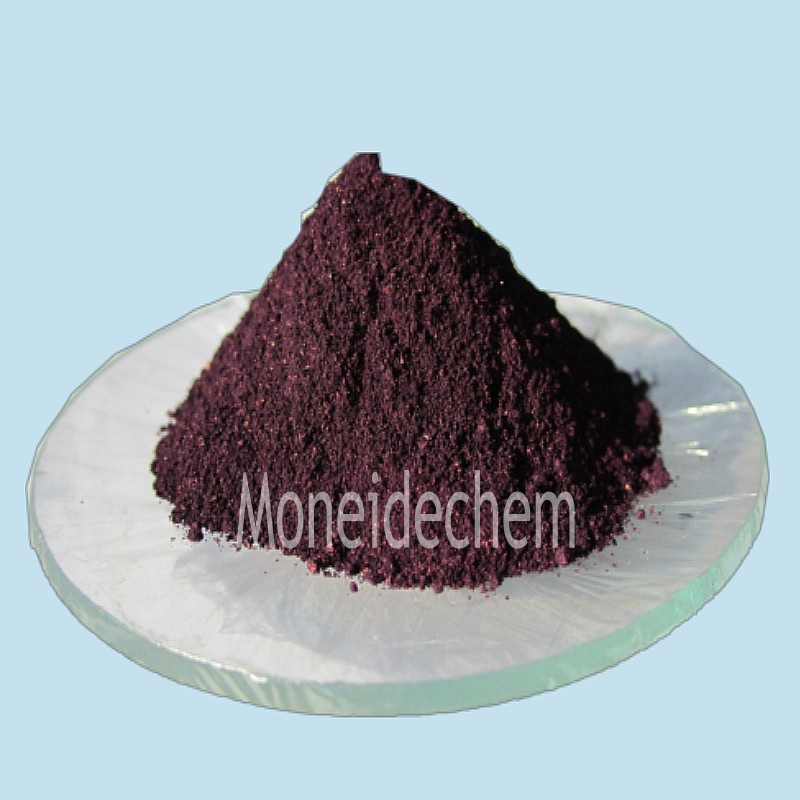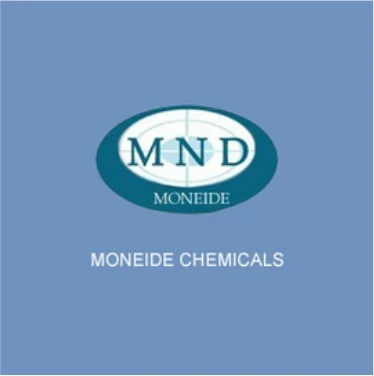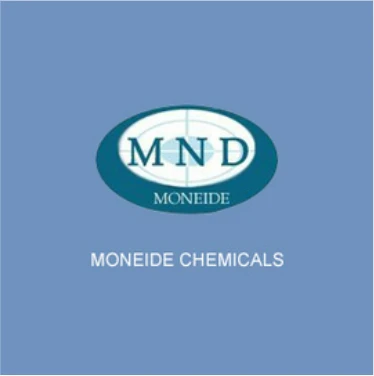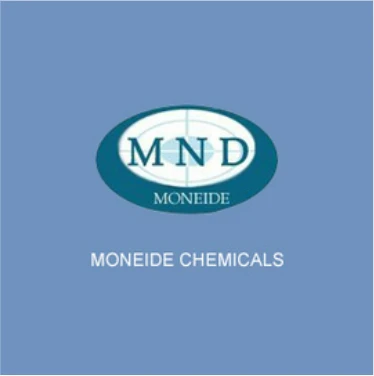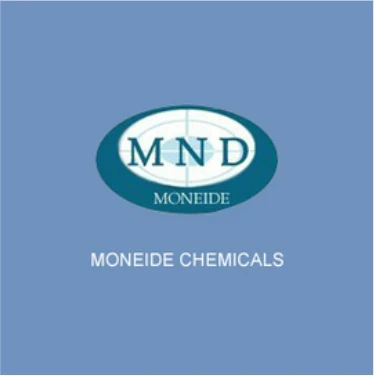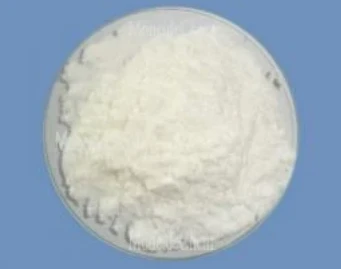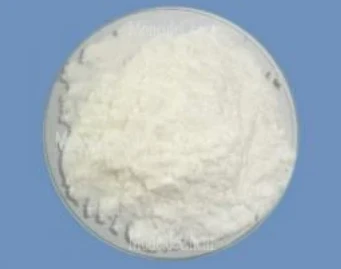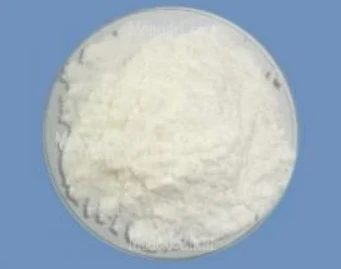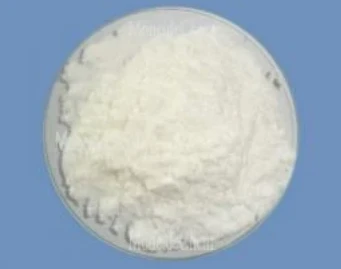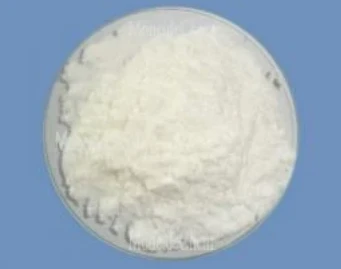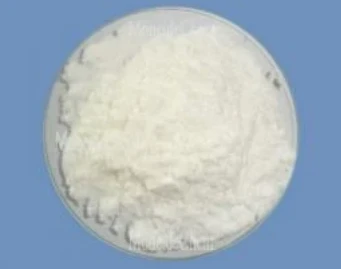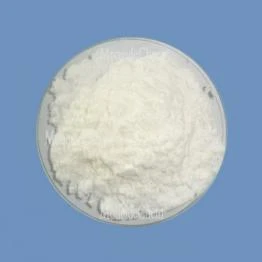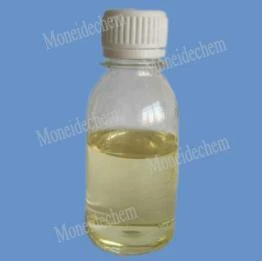Moneide Chemicals
Tel: 86-315-8309571
WhatsApp/WeChat/Mobile: 0086-15633399667
Skype: janet-honest
Mail: sales@moneidechem.com
Address: 2-7-523 Jidong Building Materials Tangshan, Hebei 064000 China
|
Chemical Name |
Methyl blue |
|
CAS No. |
28983-56-4 |
|
Molecular formula |
C37H27N3Na2O9S32 |
|
EINECS No. |
249-352-9 |
|
Molecular weight |
799.79 |
|
Molecular Structure |
|
|
Details |
Appearance: Navy blue powder Solubility: solving in water is blue, insolve in alcohol Biological stain: passes test Packing: 25kg/ fibre drum |
|
Main Application |
PH Indicator |
What is methyl blue used for?
Methyl blue is a synthetic dye primarily used in biological and medical applications. It serves as a staining agent in microscopy, particularly for highlighting collagen, connective tissues, and certain bacteria in histology. Unlike methylene blue, it is not commonly used as a medical treatment. In laboratories, methyl blue helps differentiate cell structures and is sometimes employed in Gram staining protocols. Additionally, it has limited industrial uses, such as in ink production. Due to its distinct chemical properties, methyl blue is less versatile than methylene blue but remains valuable in specialized scientific and diagnostic contexts.
Why is methylene blue controversial?
Methylene blue is controversial due to its dual role as both a medication and a potential risk. While it treats conditions like methemoglobinemia and malaria, high doses can cause serious side effects, including hemolysis in patients with G6PD deficiency. Its off-label use in alternative medicine, such as for cognitive enhancement, lacks strong clinical evidence and raises safety concerns. Additionally, its environmental impact is debated, as industrial discharge can harm aquatic life. Regulatory agencies restrict its use in food and cosmetics due to toxicity risks, further fueling debates over its safety versus benefits.
Are methyl blue and methylene blue the same?
No, methyl blue and methylene blue are different compounds despite their similar names. Methyl blue is an acid dye mainly used for staining biological specimens, while methylene blue is a basic dye with medical applications, including as an antiseptic and antidote. Chemically, methyl blue has a larger molecular structure with sulfonate groups, whereas methylene blue is a smaller, heterocyclic compound. Their distinct properties mean they cannot be used interchangeably in laboratory or clinical settings. Confusion arises from their naming, but their functions and chemical behaviors are clearly different.









